Shares of fish farming companies have seen a significant increase in recent years, driven by the growing demand for seafood. However, experts warn that this rapid expansion has come at a cost, particularly for salmon, which are being farmed in large numbers.
According to Kenny Torrella, a senior reporter for Vox's Future Perfect section, the fish farming industry has grown exponentially over the past few decades, with over half of the world's seafood now coming from these underwater factory farms. "Fish have been domesticated in under a century, which has created serious welfare issues, especially for salmon," Torrella said in an interview. "Salmon are carnivorous and migrate thousands of miles, but on farms, they're reduced to swimming in small tanks and eating pellets."
The rapid growth of the fish farming industry has been driven by the increasing demand for seafood, particularly in the United States. Salmon, in particular, have become a favorite among Americans, with many restaurants and grocery stores offering a variety of salmon dishes. However, experts argue that the industry has moved too fast, and the welfare of the fish has been compromised.
Dr. Jane Smith, a marine biologist at the University of California, Santa Barbara, has studied the effects of fish farming on salmon populations. "The conditions on fish farms are often inhumane, with fish being packed tightly into small tanks and subjected to stress and disease," she said. "It's a far cry from their natural habitat, where they would be swimming freely in the ocean."
The industry has responded to criticism by implementing new regulations and improving farm conditions. However, experts argue that more needs to be done to address the welfare concerns of salmon. "We need to take a step back and reassess the way we're farming fish," said Torrella. "We can't just keep pushing the limits of production without considering the impact on the animals."
The fish farming industry is expected to continue growing in the coming years, with many companies investing in new technologies and infrastructure. However, the debate over the welfare of salmon is likely to continue, with experts and advocates pushing for better treatment of the fish.
In the meantime, consumers are being encouraged to make informed choices about the seafood they eat. "By choosing wild-caught salmon or sustainably farmed options, consumers can help support more humane and environmentally friendly fishing practices," said Torrella. "It's a small step, but it's a start."
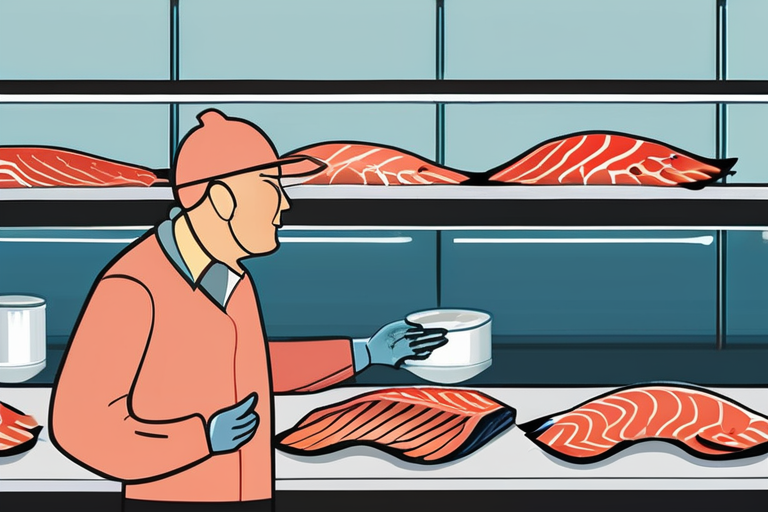


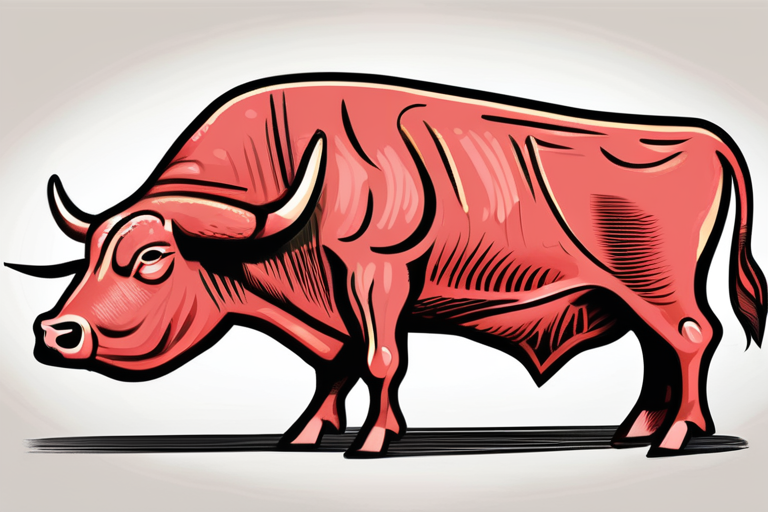
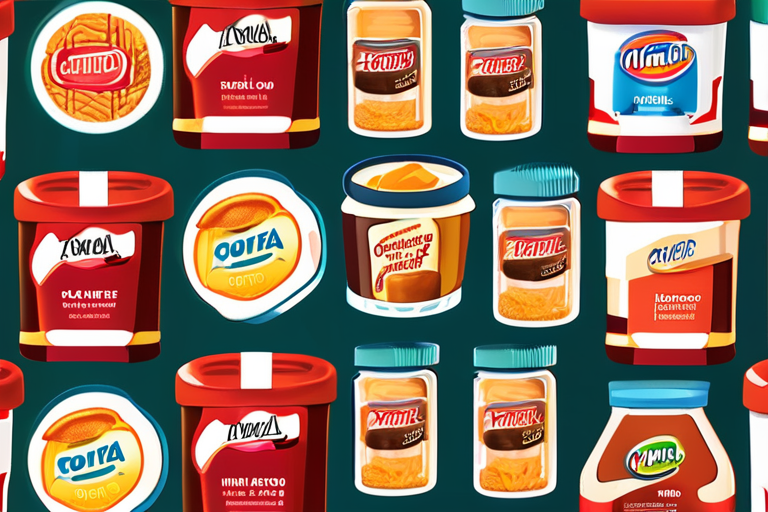
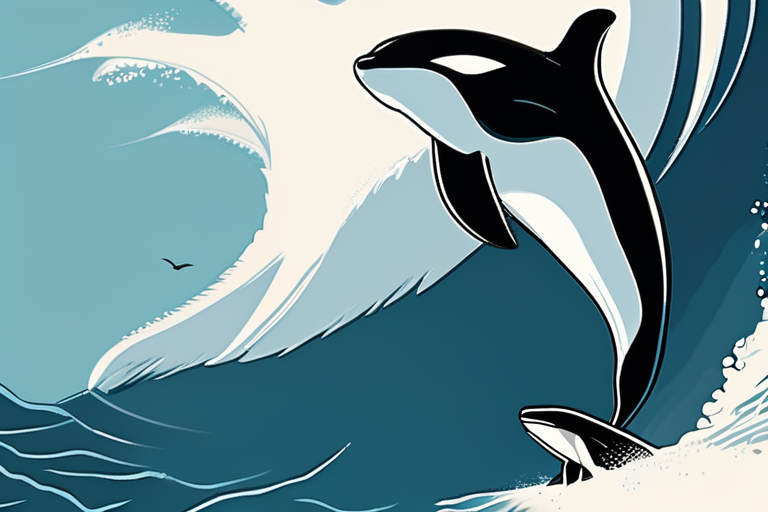

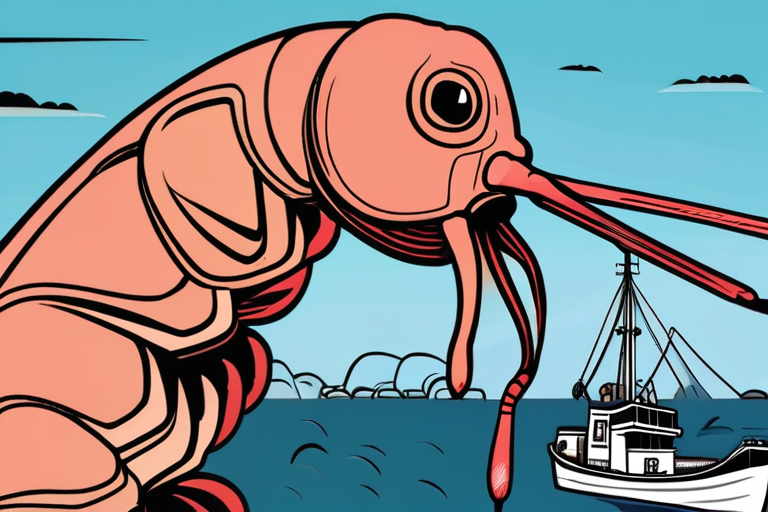
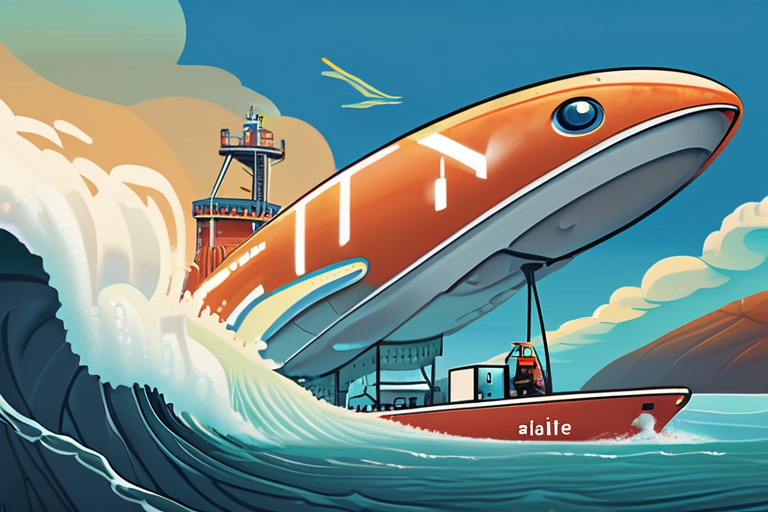
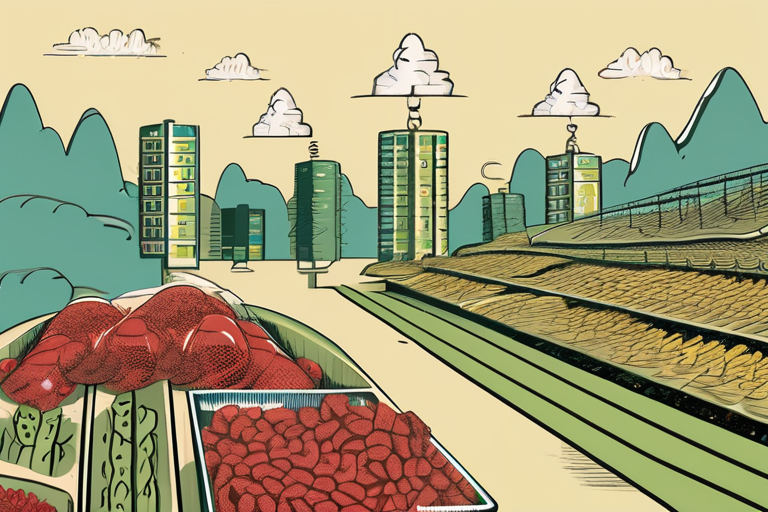

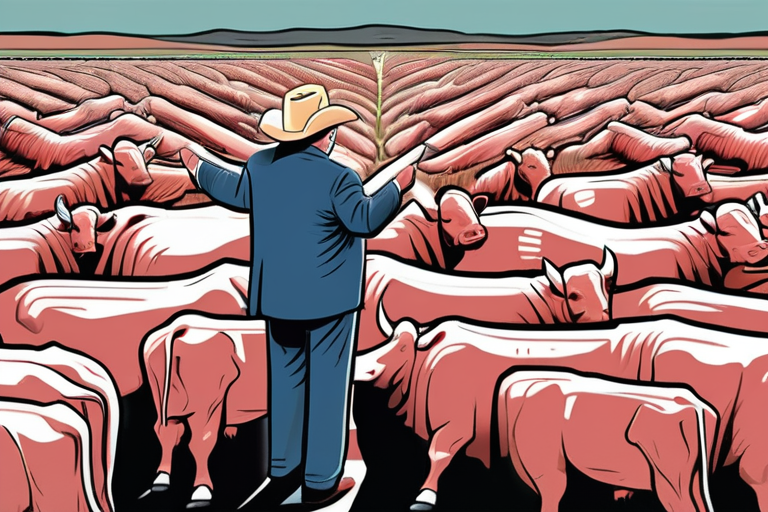

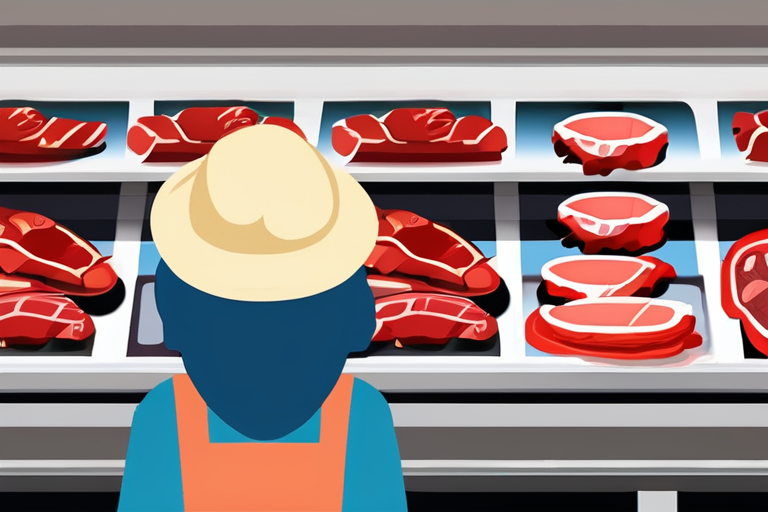

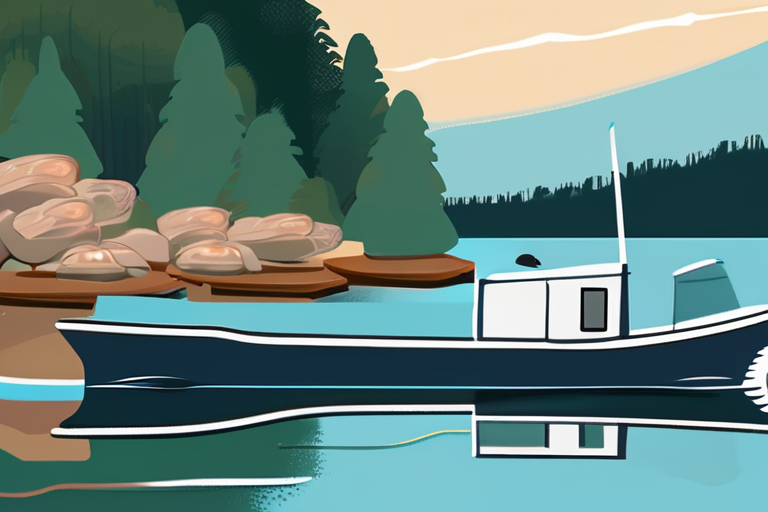

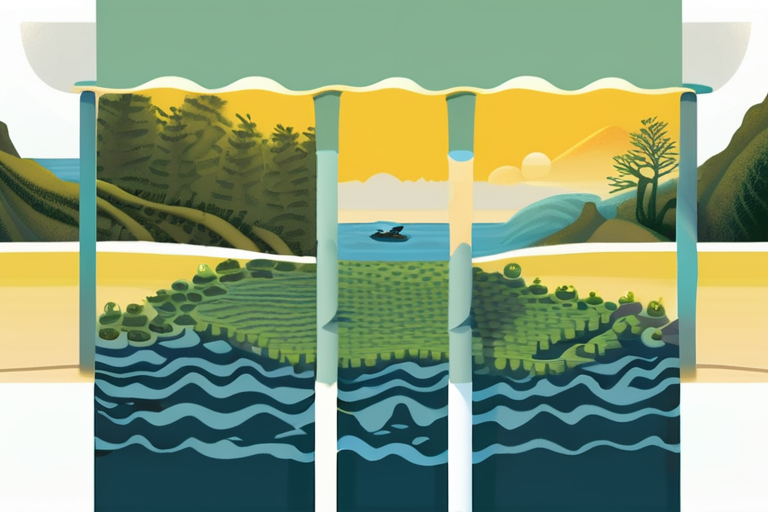
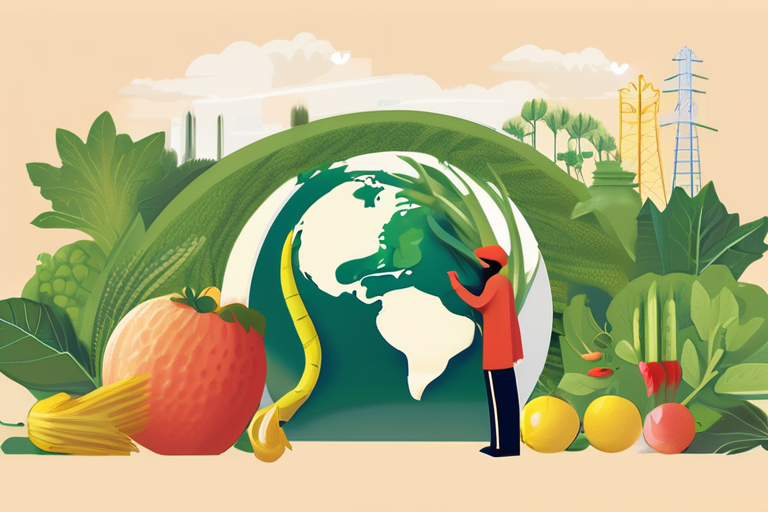

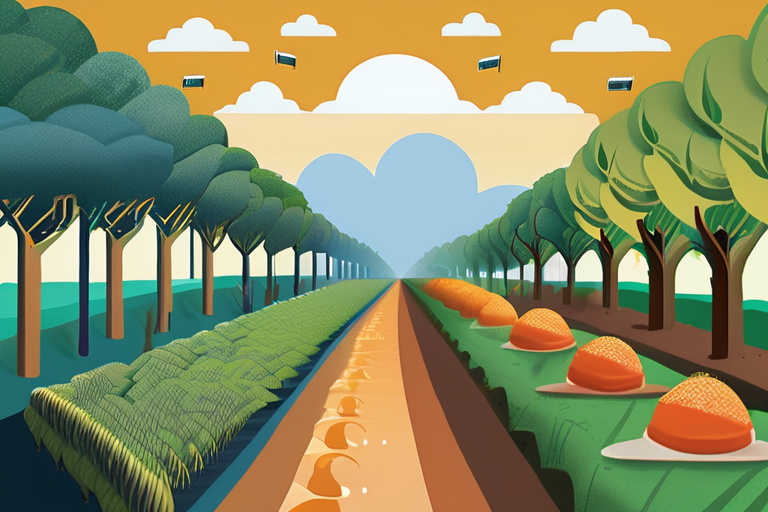
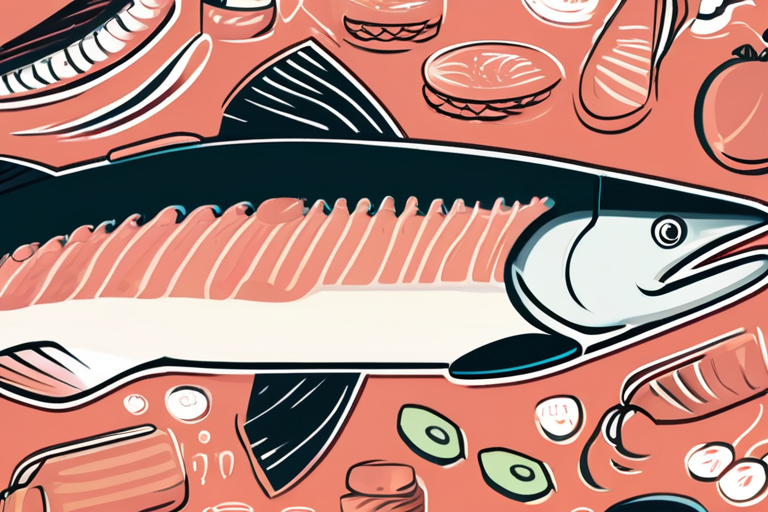
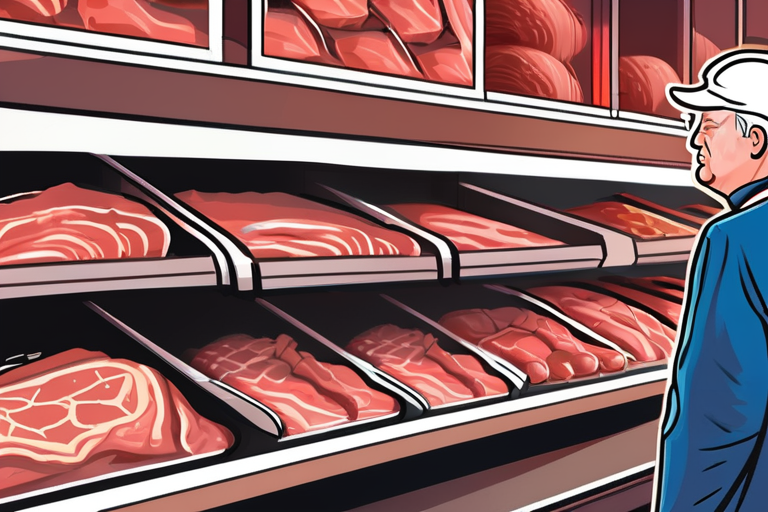
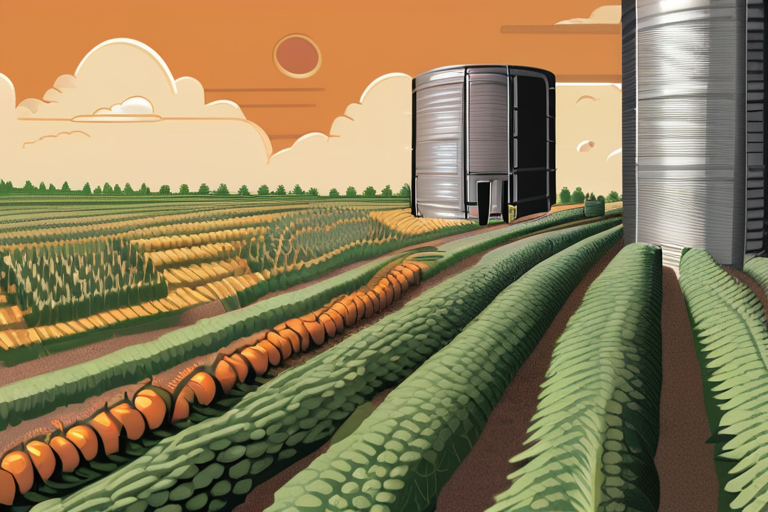
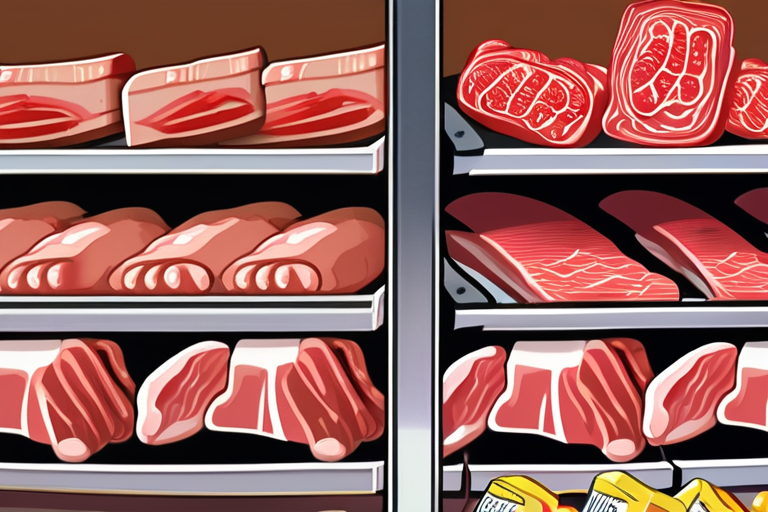
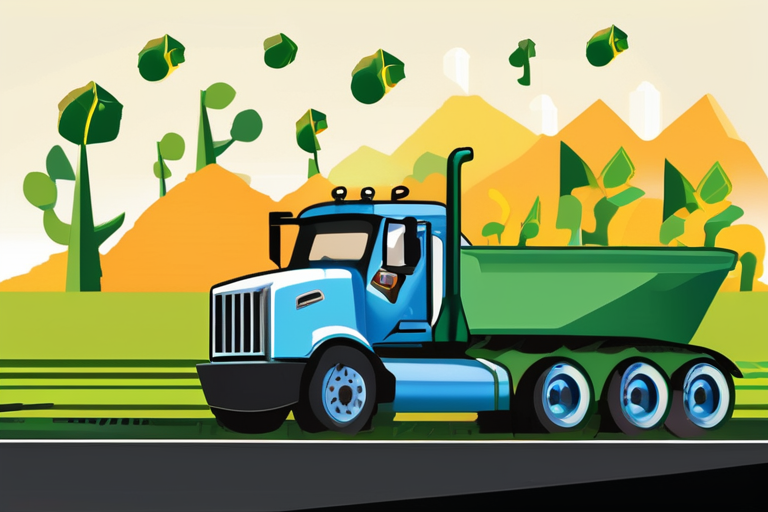
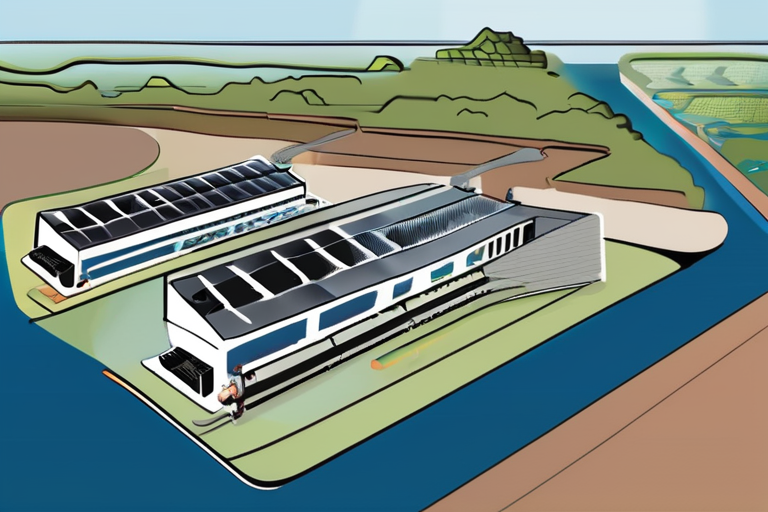
Share & Engage Share
Share this article